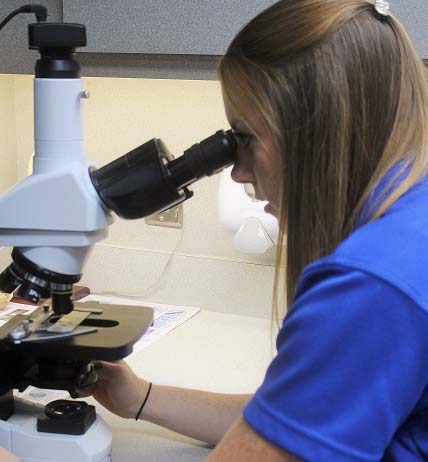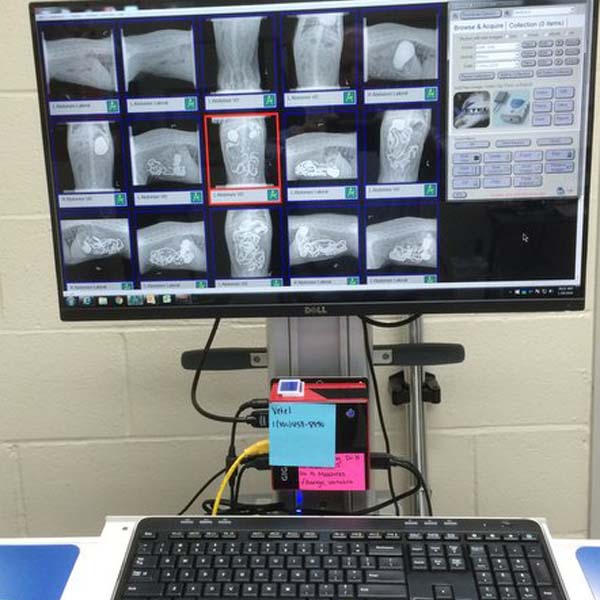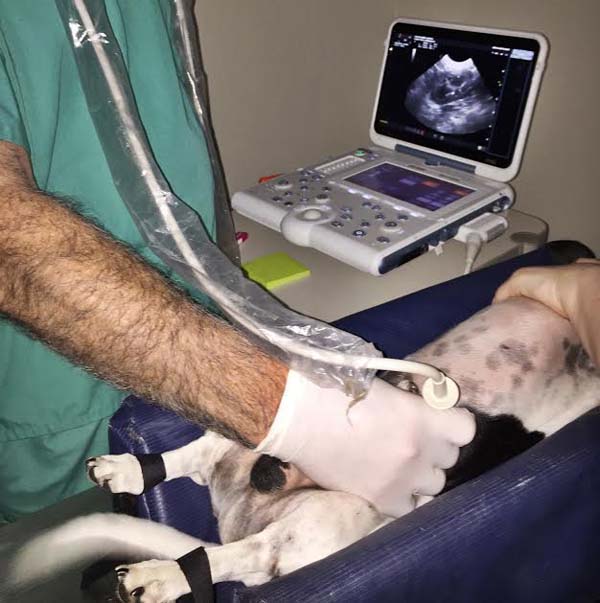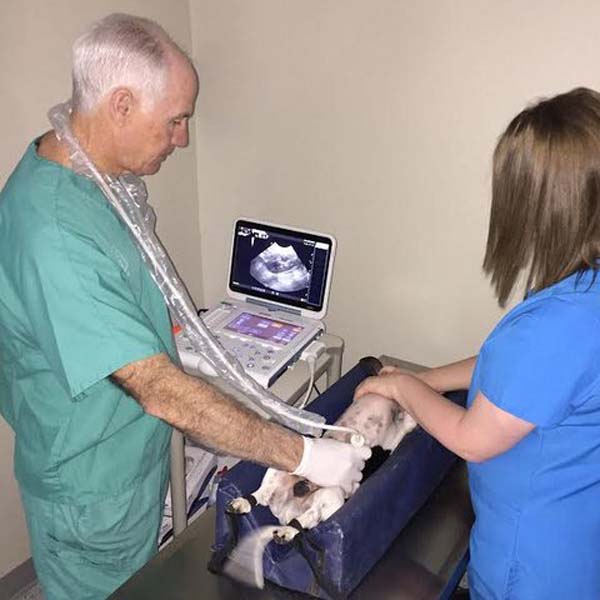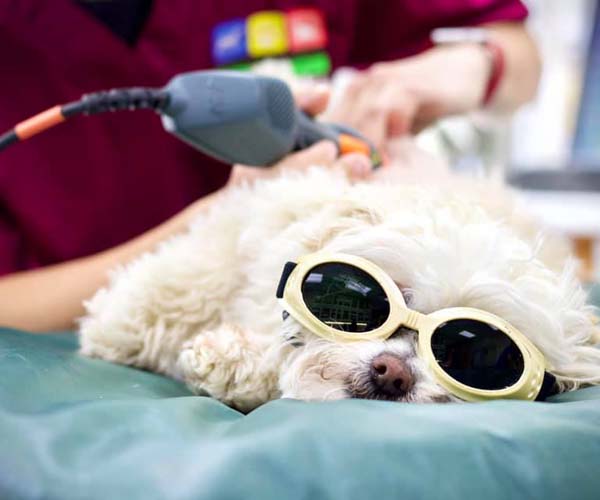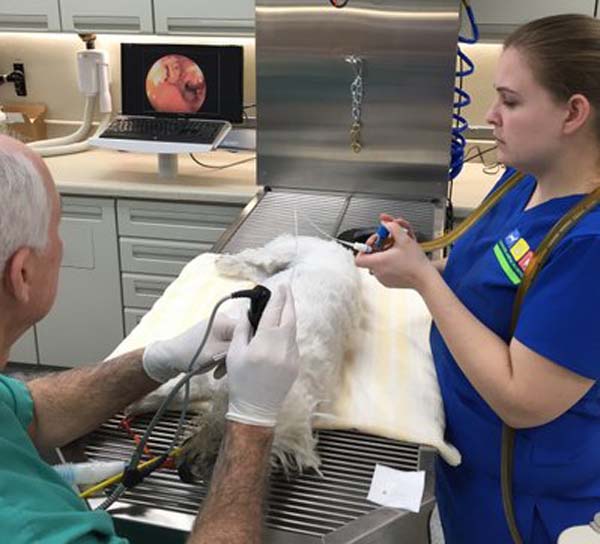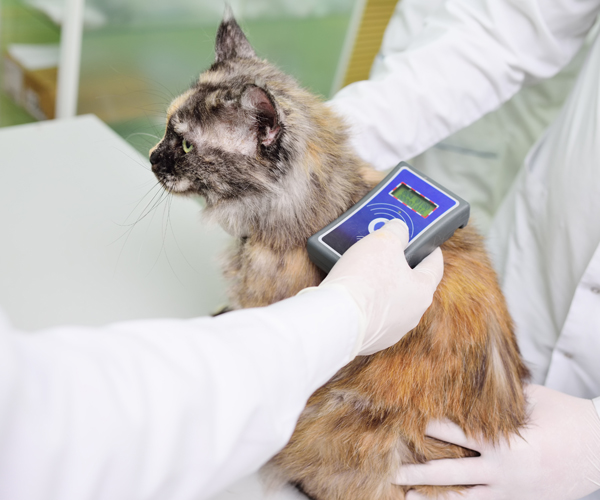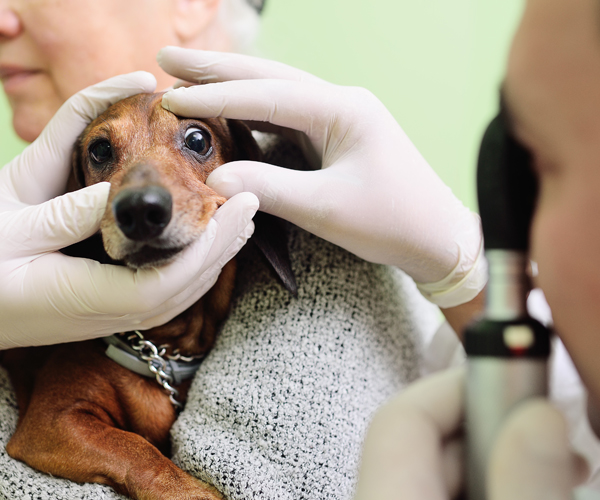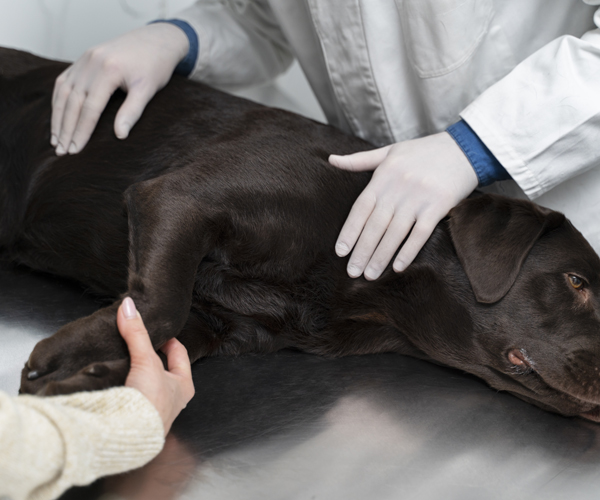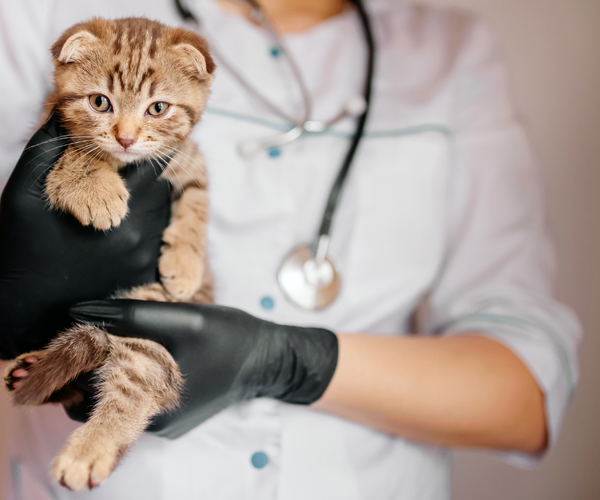Pet Medical Services Coulter Animal Hospital in Amarillo, TX
We provide Pet Medical Services at the Coulter Animal Hospital.
Pet Medical Services
We understand how important your pet is to your family, which is why we work so hard to offer the best services possible to keep your pet healthy.
Pet Laboratory
In-house bloodwork, fecal floatation for intestinal parasite identification, heartworm/tick disease test, and cytology. Our in-house laboratory facilities provide serum chemistry, hematology, serology, urinalysis, and parasite testing. We also utilize commercial veterinary laboratories and the local Texas Veterinary Medical Diagnostic Lab.
Pet Dentistry
Scaling and polishing, extractions, oral surgery, and digital dental radiography. Our dental services include teeth cleaning and polishing. Digital full-mouth x-rays are also offered, along with extractions and oral surgery.
Pet Imaging
Digital radiography and ultrasound are available to provide a window into the body, to accurately diagnose medical abnormalities.
Pet Laser Therapy
In veterinary medicine, laser treatment has many applications, including increasing surgical possibilities, accelerating wound and tissue healing, and improving physical therapy outcomes. We are pleased to provide laser therapy, managed by our skilled medical staff, as part of our ongoing commitment to providing the most excellent standard of care to all our patients.
Laser therapy is a cutting-edge medical innovation that requires a highly qualified and committed workforce. Fortunately, our medical staff has experience with laser therapy and is dedicated to upholding the best standards of care. You can be sure that your pet will receive the best care possible in our cutting-edge medical facility since our staff has received considerable training and will handle your pet with care and concern.
Pet Video Otoscopy
This high-definition scope is used to diagnose otitis and ear parasites. The scope is also used for flushing the ears to remove all debris.
Pet Dermatology
Diagnostic procedures may be needed to accurately diagnose problematic skin conditions to utilize the best treatment to return the dermis to a normal state. A skin biopsy may be necessary to diagnose an illness accurately. These biopsies are sent to the lab for histopathology to identify disease conditions.
Skin Scrapings performed in-house can identify parasites like mites with microscopic evaluation of the scraping.
Demodex skin mite
Sarcoptic skin mite
Pet Parasite Control Programs
Diagnosis utilizing skin scrapings, fecal floatation, ELISA tests, and microscope examinations allows treatment with the most up-to-date anti-parasiticides.
- Internal Parasites
- Fleas
- Ticks
- Canine Heartworm Disease
- Feline Heartworm Disease
Pet Electrocardiography Services
CardioVet ECG devices are used to obtain ECGs and submit them for easy consultation by board-certified veterinary cardiologists. A thorough evaluation includes a digital radiograph of the chest with a Vertebral Heart Score and blood pressure. Resting respiration rates are done at home to assess the progression or stabilization of a heart condition. While resting, the respiration rate should be between 10-20 breaths per minute. If close to 30 per minute, there is cause for alarm and further diagnostic work.
An electrocardiogram (ECG, or EKG, using German spelling) records the electrical impulses generated when the heart is beating. An electrocardiogram should be performed when any irregular heart rhythm is detected on clinical examination. The tiny electrical impulses typically caused by the heart are amplified 3,000 or more times and recorded by the ECG machine. An ECG can detect minor disturbances in the heartbeat or heart rhythm and allow your veterinarian to diagnose many types of heart disease.
electrocardiogram-1_2009An ECG is a simple, non-invasive test to perform. Your pet is usually placed in a standing or lying position, and electrodes are attached to the elbows and knees. A conducting gel or liquid improves electrical conduction between the dog’s skin and the electrodes. The ECG machine merely records the electrical impulses from the dog. There are no unpleasant sensations, nor is there any danger to the pet.
In some cases, a more prolonged ECG examination is required. If this is necessary, a monitor called a Holter Monitor or Recorder will be used. This monitor consists of a small pack that the dog wears for 24-72 hours and records all heart activity during this time. This technique is commonly used to precisely diagnose the reason for the intermittent collapse in dogs with abnormal heart rhythms.
Often an ECG examination is combined with chest radiographs (x-rays) or ultrasound examination of the heart (echocardiography). ECG analysis is a safe, simple test that provides your veterinarian with valuable information about your pet’s health.
Pet Tonometry
A Tonovet tonometer is a valuable tool for measuring intraocular pressure as it is painless and therefore creates no anxiety.
- No anesthetic is needed.
- Enables rapid intraocular pressure measurements to be made from various species.
- The disposable probe prevents microbiological and viral contamination.
- The method is clinically tested and accurate, and the force applied to the eye is minimal.
You will be automatically redirected in 5 seconds; if you are not redirected, you can go to the location directly by clicking here.
Pet Endocrinology
Endocrine diseases need to be identified early and are caused by a variety of dysfunctions that occur in various organs such as the pituitary gland, parathyroid glands, thyroid glands, adrenal glands, pancreas, ovaries, testes, kidneys, liver, and heart. These dysfunctions can be reversed if treated early to prevent potentially life-threatening conditions. Chemical messengers called hormones have many different functions and effects in the body. Most endocrine tissues are glands that release hormones directly into the bloodstream. Susceptible tests measure these minimal quantities of hormones that circulate in the blood.
Endocrine glands that produce too much hormone are usually affected by tumors or abnormal tissue. When endocrine glands have been destroyed, they don’t produce enough hormones. The prefix “Hyper” refers to an overabundance of hormone production, and “Hypo” refers to a deficiency of hormone production.
Diseases with an overabundance of hormones can be treated with tumor removal, radiotherapy, or medication. Conditions with a lack of hormones can be treated by hormone replacement, which usually requires lifelong treatment and monitoring.
DETAILED DESCRIPTION OF ENDOCRINE CONDITIONS
(click on the condition for more information)
Pet Hospitalization
Some conditions require intense or prolonged treatment, such as IV fluid therapy, due to dehydration, severe vomiting, diarrhea, or highly elevated kidney enzymes. Your pet may need to stay with us for the necessary procedures. We provide a highly monitored, comfortable, and caring environment for your pet if necessary. Suppose continuous IV fluid treatment requires an overnight stay. In that case, it will be essential that your pet be transported to the Small Animal Emergency Center on I-27 between Western and 45th street for overnight treatment and can return to our hospital for daytime treatment Monday through Friday.
Veterinary Services
Below are all of the veterinary services we offer at Town and Country Veterinary Hospital. If you have any questions regarding our services, please contact us.

